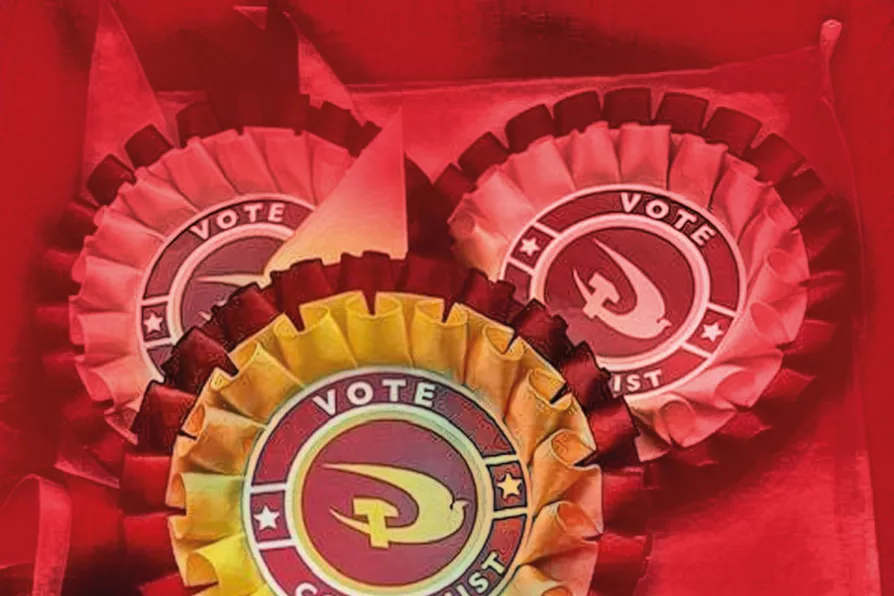John Wojcik pays tribute to a black US activist who spent six decades at the forefront of struggles for voting rights, economic justice and peace – reshaping US politics and inspiring movements worldwide


IN the East of England on May 4 voters in Felixstowe East and Felixstowe West, Felixstowe Coastal, Kempston in Bedford, Sopwell in St Albans and Abbeygate and district in Bury St Edmunds will have the chance to vote communist.
If you are intending to vote communist in these wards, do not forget to take along your ID. We have elections at town, county and district levels and we are contesting in seven wards.
The election comes at a time of a hike in council tax rises, the ending of transport fare subsidies and an acceleration in the selloff and privatisation of council services.

LOTTE COLLETT welcomes the arrival of a new party for the left, a vehicle for councils to finally fight for progressive policies on housing, green spaces and public facilities, rather than administering cuts and misery from central government

We’ll be developing a people’s manifesto for the 2026 local elections. We’ll network, learn, inspire and support each other and chart a future path for socialist politics, writes JAMIE DRISCOLL











